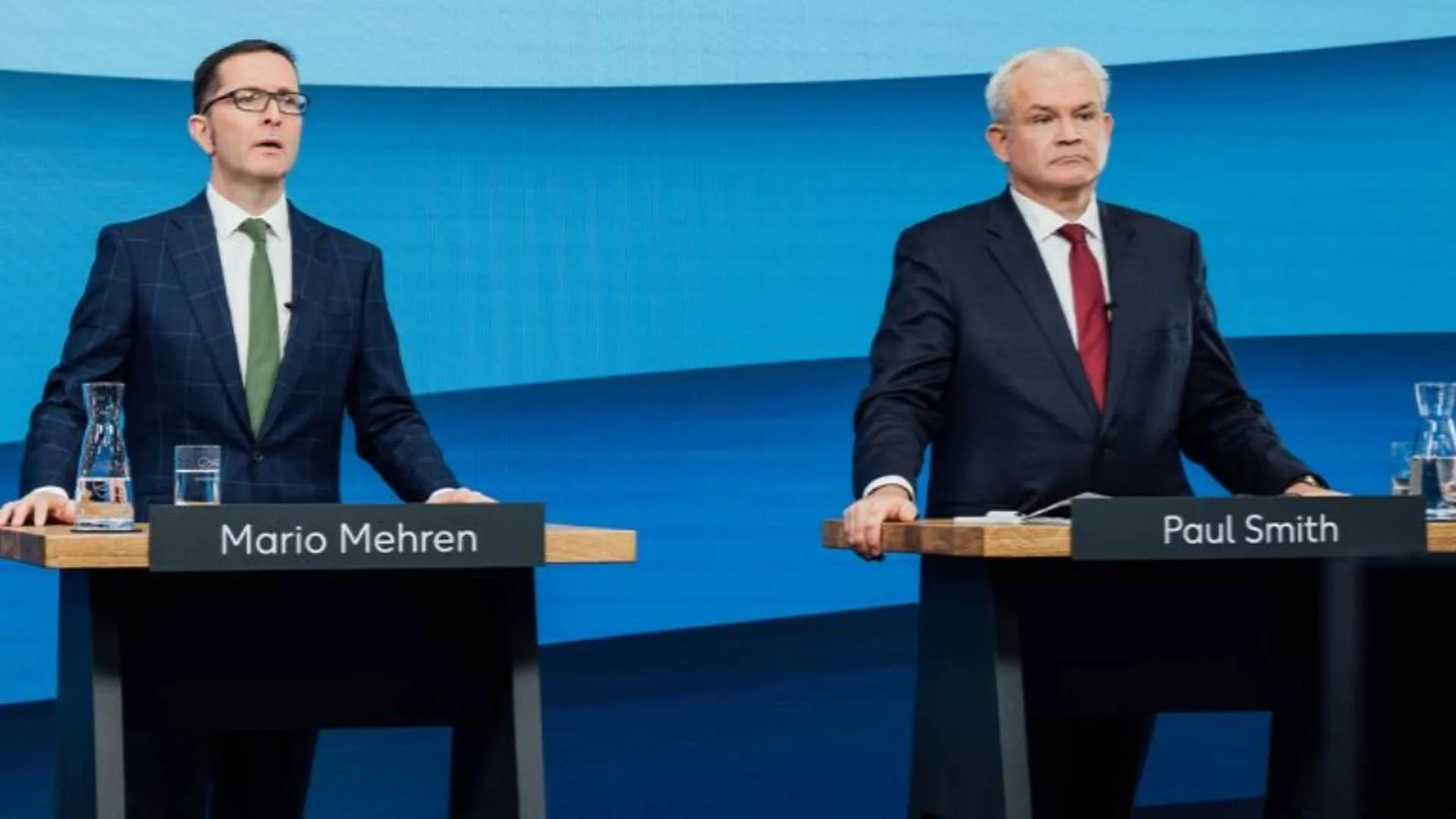German oil and gas producer Wintershall Dea, fresh from quitting its long-term partnership with Russia, said on Thursday it would focus on growing its production elsewhere and creating a carbon management for the long-term future.
The company has long had deep ties with Russia, including stakes in the Nord Stream gas pipelines and joint ventures with Russia’s Gazprom.
“2022 was a turning point for energy markets – and it was a turning point for Wintershall Dea.” chief executive Mario Mehren told reporters.
“We are exiting Russia. This chapter of our history is closed.”
“We have a clear strategy for the future: moderate growth for our exploration and production…and building up our carbon management and hydrogen business,” Mehren further said.
Wintershall Dea has already commenced carbon capture and storage (CCS) activities in the North Sea as well as low-carbon hydrogen, having started projects in Denmark, Germany, and Norway.
The Kassel-based company, owned by BASF and investor group LetterOne, has made a group net loss of €4.8 billion ($5.1 billion) for 2022, including €7 billion in one-off, non-cash losses related to its Russian upstream and associated midstream activities after exiting the country last month.
In 2021, it had made a €593 million net profit.

Mario Mehren, chief executive of Wintershall Dea, (L) and Paul Smith, chief finance officer of Wintershall Dea (R)
However, excluding Russia, earnings before interest, tax, depreciation, amortisation and exploration expenses (EBITDAX), surged 91% to 5.9 billion euros last year, lifted by soaring global oil and gas prices.
Full-year hydrocarbons output dropped 3 percent from 2021 to 321 million barrels of oil equivalent (boe) per day. The company expects output of 325 million to 350 million boe in 2023.
Wintershall Dea has now deconsolidated all Russian-related activities, which had grown to account for half of its production, involving its 15.5 percent holding in the damaged Nord Stream 1 pipeline.
Growth regions include Norway, where Wintershall Dea has built up a stronghold funded by profits from its Russian operations, Algeria, and Mexico, while it is also focusing on Argentina, Northern Africa, and the Middle East regions.
“Wintershall Dea looks into the future as a resilient and focused company,” Mehren further said.
Growth plans include Algeria and Mexico, with more projects coming in Norway and Argentina, he added.
“We are seeking to build out a gas-weighted company with production of 350-400 million boe,” stated chief finance officer Paul Smith of the longer-term strategy.
Mergers and acquisitions would be explored in the 11 countries Wintershall Dea operates in and beyond, Smith said.
